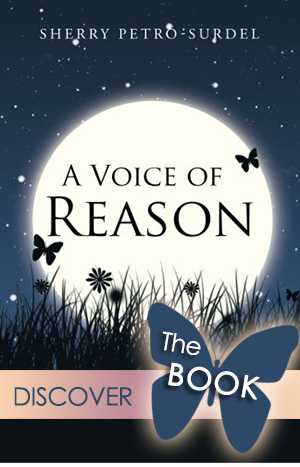The term burnout was coined in the 1970’s and the definition is: a state of emotional, mental and physical exhaustion caused by excessive and prolonged stress. This condition causes problems with diminished interest/motivation and creates problems in managing life successfully.
Burnout saps your energy, reduces productivity and can leave you feeling more and more hopeless and resentful. We have all probably experienced this phenomenon to some level, even if just for a day, at some point in our lives.
Burnout becomes particularly problematic when:
- Every day is a bad day.
- You do not care about your job or your home.
- You feel your contribution does not make a difference or is not appreciated.
People most likely to suffer from burn out are:
- Perfectionists
- Pessimists
- Type A people
- Those who need to be in control
The negative impact of burnout can spill over into all areas of our lives. It also impacts our bodies and minds and makes us more vulnerable to illnesses such as colds and flus.
Some helpful tips to recover from burnout:
- Slow down, learn to relax and find joy in your life
- Reevaluate your goals
- Reduce the number of demands and stressors in your life
- Acknowledge your losses
- Connect with purpose and passion within
Things to combat stress: mindfulness, meditation, hobbies, positive affirmations, time with good friends, exercise, humor and spiritual involvement.
Choose never to be a prisoner of urgency. For some everything will seem urgent.


